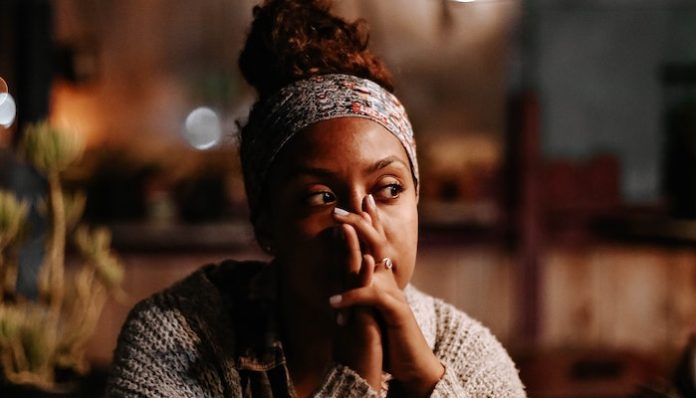
Today marks a very special day in Canada, Bell Let’s Talk day. One of the largest and arguably most powerful companies in the country donates 5 cents per hashtag to help raise money for mental health initiatives and end the stigma. And while there is so many positive things surrounding this movement, I still have a problem with it.
I’m extremely proud to say I live in a country where we don’t experience the same hardships as others. Being a Canadian citizen, I’ve come to realize all the luxuries I have, such as free healthcare, freedom, and a great education. However, I’ve noticed that, as a normal millennial, I don’t have access to many mental health facilities.
I live in the greater Toronto area, and I’m about a 20 minute drive from the big city. Logically you would think there would be a few places I could turn to if I am in need of help. However, I’m in the odd category with no affordable treatment centers I can turn to to help me. If I live that close to Canada’s largest city, I can only imagine how limited those in smaller towns are.
For young children, we have Kids Help Phone, a free and anonymous service young people can call 24/7 for counselling and guidance. For teenagers there are Youth Centres. All colleges and universities have free counselling for their students, as do high schools. We have homeless shelters for all ages, places for immigrants, mother’s shelters, homes for abused women and their families, help for those with disabilities, and centres for the elderly.
But what about people like me? A recent post-secondary graduate who is part of the working class, who doesn’t have the money to afford proper psychiatric treatment. Because for people like me, we can only turn to online forums which doesn’t help for some, or have to go to extremely expensive forms of therapy, let alone travel a great distance to get that help.
In 2016 the wife of our Prime Minister, Sophie Grégoire Trudeau, penned a lovely letter to the Canadian Huffington Post explaining why her family openly talks about mental health, even confessing she suffered from an eating disorder as a young woman. She writes: “You have friends, school counselors, community resources. Support is available, and with it, so is your strength.”
I commend her for her courage and bravery for being so open about her experiences and I am proud that she is opening the conversation even more. She and her husband, Prime Minister Justin Trudeau, have been extremely helpful in bringing awareness to our mental health initiatives. But we still need to do more to take care of our middle generation who is struggling the most, her statement isn’t true for most people.
As Grégoire Trudeau mentions: “Many mental illnesses and disorders start during adolescence.” I live in the most open and accepting generation for mental illness to date where most of my life I have been exposed to what each mental illness is and treatment options. As a generation, we have been public with our battles in hopes to help others, and have always had a strong sense of support because we’ve always had accessable help.
We go from having every type of access imaginable to absolutely nothing.
After post-secondary school ends, so does a good chunk of support. We have services available, but they are not accessible or affordable for millennials. We can’t afford to spend thousands upon thousands of dollars per year to help ourselves mentally when we have student loans to pay off (which we all know will put us back financially for years), and have to work extremely hard to maintain a steady income and still afford to live with our basic necessities.
We’ve made great efforts to cater to everyone’s needs, why not try to help those who don’t belong in a specific category? Just because we are done with school, and are in the real world does not mean we are magically healed from whatever we felt, or suffered from, in our youth. If anything, those thoughts and feelings can increase. And unless we have insurance from our workplaces that covers those needs, we cannot afford the help.
I’m extremely thankful for the support of our country’s leader and other members of parliament, but it’s time to start realizing that you’ve covered every type of person’s needs, except for the generation who needs it the most right now. I hope Bell Let’s Talk Day continues to showcase the importance of mental health, and increases awareness that millennials are still left struggling despite the progress we’ve made.
Feature image via Unsplash


















